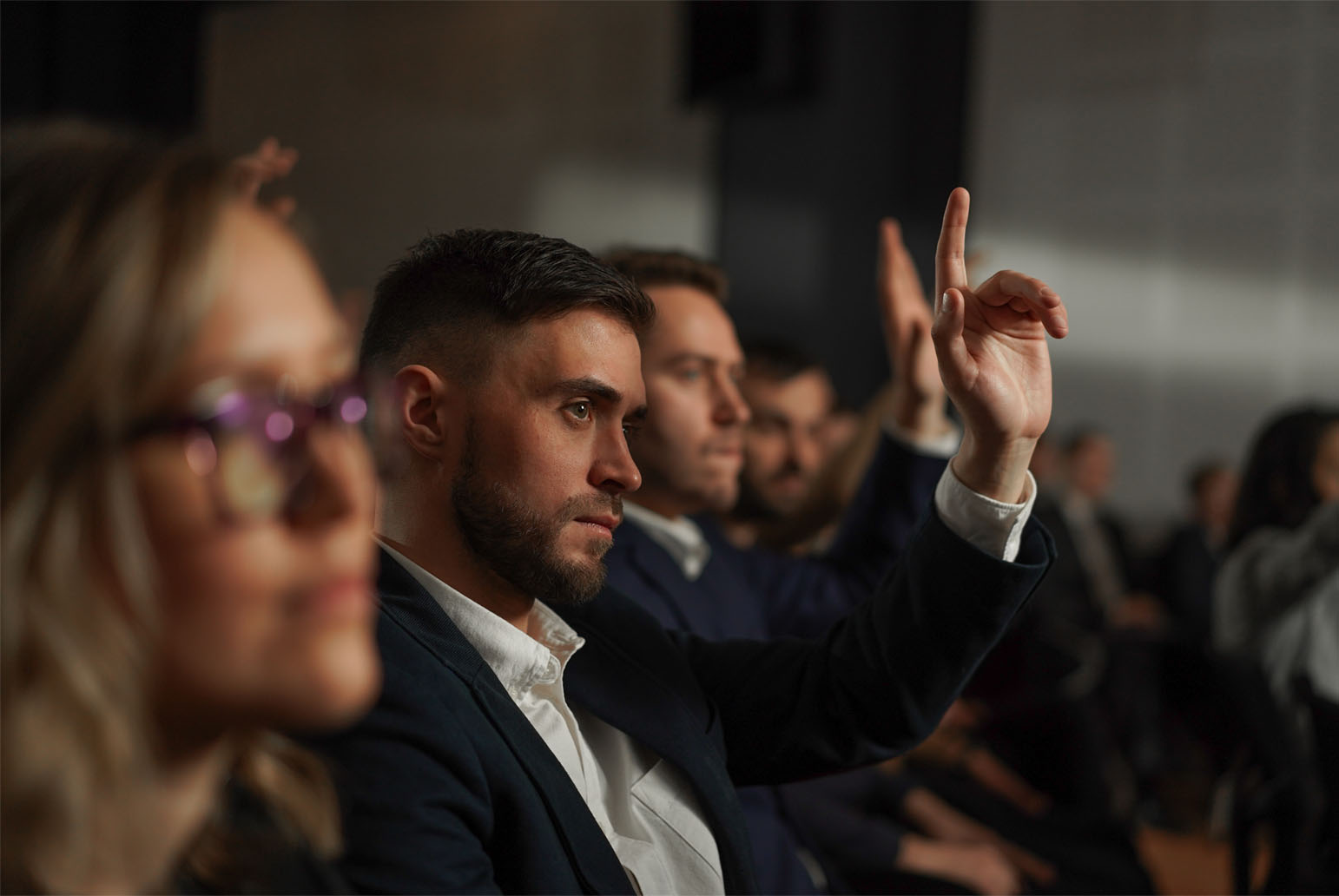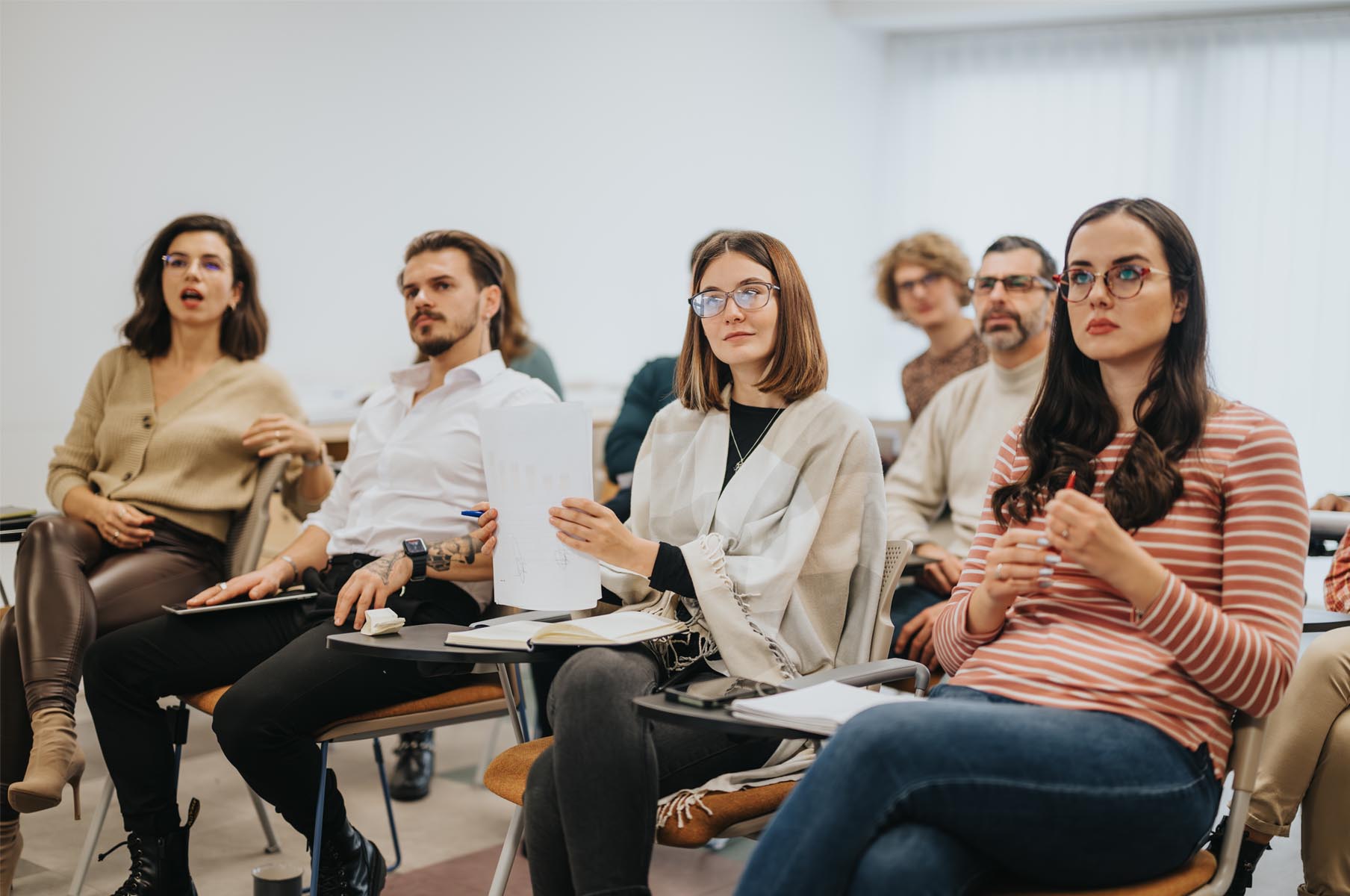Determining the optimal duration of a seminar is one of the most important strategic decisions in organizing professional events. Indeed, this timeframe directly influences the ability to achieve set objectives , maintain participant engagement, and create a sustainable, productive dynamic . That said, each format offers its own advantages depending on the organizational context and the specific goals .
Furthermore, establishments like Merendella , nestled in the heart of Corsican nature , offer exceptional settings that naturally alter the time frame of seminars. It should be noted that geographical remoteness and immersion in a pristine environment often necessitate longer durations to maximize benefits.
Believe it or not, this seemingly simple question hides an organizational complexity that deserves in-depth analysis to guarantee the success of your professional event.
Standard duration formats and their specific characteristics
The diversity of time formats meets the multiple needs of contemporary businesses, with each duration corresponding to specific objectives and organizational constraints . This variability allows the event to be perfectly adapted to the actual expectations of the participants and the available resources.
One-day seminars: intensity and effectiveness
One-day seminars are the most common format in today’s professional landscape. It’s worth noting that this format has the advantage of minimizing disruption to daily operations while still allowing for the discussion of substantial topics .
For example, a day can effectively address topics such as the presentation of new projects, the resolution of operational problems , or the facilitation of creativity workshops.
However, this time constraint necessitates a rigorous program structure to optimize every moment. Furthermore, effectiveness largely depends on the quality of the preparation beforehand and the facilitators’ ability to maintain a brisk pace without causing excessive fatigue among the participants.
Two- to three-day seminars: in-depth study and team building
Residential seminars lasting two to three days offer a more comprehensive approach and allow for a substantial exploration of the topics covered. This duration facilitates a balance between intensive work sessions and relaxation time, creating a richer and more lasting team dynamic .
This format is particularly well-suited to strategic seminars, in-depth training programs , or events designed to significantly strengthen team cohesion. Furthermore, the extended break from daily work fosters the emergence of innovative ideas and allows participants to develop a broader perspective on organizational challenges .
Key factors in choosing the duration
Several objective criteria influence the determination of the optimal duration, each carrying different weight depending on the specific context of the company and the objectives pursued. It must be said that this preliminary analysis largely determines the success of the event and the satisfaction of the participants.
Objectives and complexity of the topics
The nature of the objectives is the primary factor determining the duration. It’s worth noting that informational or presentation seminars can be brief, while seminars focused on solving complex problems or collaborative building require longer sessions.
Moreover, the desired depth of analysis directly influences time requirements : in-depth strategic thinking requires more time than a simple operational update.
It should be noted that the complexity of the topics addressed also determines the necessary stages of development. For example, some issues require periods of individual reflection , discussions in subgroups, and then collective presentations—time-consuming processes but essential for the quality of the results.
Geographical distance and logistical constraints
The location of the seminar significantly impacts the minimum viable duration. It is therefore worth noting that destinations like Merendella , located in Upper Corsica , naturally justify stays of several days to offset travel time and fully benefit from the exceptional environment offered.
This geographical dimension creates opportunities to enrich the experience: cultural discovery , team building activities In the heart of nature , moments of genuine conviviality. These complementary elements enhance the impact of the seminar but require careful time planning to avoid rushing and allow for a true immersion in the setting.
The optimal balance between work and relaxation
The success of a seminar largely depends on the art of intelligently balancing periods of intense professional focus with the recovery phases necessary to maintain participant engagement. In short, this rhythmic alternation is the key to an experience that is both productive and enjoyable.
Work rhythms and attention management
Note that human concentration has physiological limits that must be respected to maintain collective efficiency. Work sessions of one and a half to two hours, interspersed with fifteen- to twenty-minute breaks , generally optimize the quality of discussions and the retention of information processed.

This time management must also take into account individual variations in alertness and the specific characteristics of the group involved. In parallel, the integration of light physical activities or changes of environment revitalizes attention and stimulates the creativity of the participants.
Additional activities and team cohesion
Relaxation periods are not simply breaks but strategic opportunities to strengthen interpersonal bonds and consolidate professional achievements.
For example, shared meals, recreational activities, or cultural discoveries create common memories that foster team spirit well beyond the seminar itself. These complementary activities deserve special attention in the scheduling:
- team building activities adapted to the profile of the participants;
- local discoveries enriching the cultural experience;
- convivial moments promoting informal exchanges;
- sports or wellness activities according to tastes;
- free time allowing for personal appropriation of the framework .
This diversification of experiences transforms the seminar into a memorable event that leaves a lasting impression on participants and strengthens their sense of belonging to the organization.
Recommended durations depending on the type of seminar
Each seminar category requires a specific time-based approach, tailored to the particular challenges and expectations of the participants. This specialization allows us to optimize the effectiveness of each format and precisely meet the identified needs.
Strategic and management seminars
Management seminars typically require extended periods of time to allow for in-depth analysis of complex issues and the collaborative development of future visions. These high-level events bring together decision-makers whose time is precious but who must be able to discuss crucial topics for the organization in a calm and focused manner.
A duration of two to four days is often optimal for this type of event, allowing for a balance between intensive work sessions, individual reflection time , and informal networking. That said, the quality of the venue then becomes crucial: establishments like Merendella offer the isolation and comfort necessary for these high-level strategic reflections.
Operational and training seminars
Operational seminars generally favor shorter, more focused formats, adapted to the availability constraints of the teams involved. However, their effectiveness depends on meticulous preparation of the content and dynamic facilitation of the sessions.
One or two days are usually sufficient to address specific operational issues , train teams on new tools or processes, or organize targeted collaborative workshops. Furthermore, these short formats allow for multiple sessions as needed, gradually reaching all relevant employees.
Practical tips to optimize the duration of your seminar
Optimizing the timing of a seminar results from rigorous planning that anticipates the actual needs of the participants and specific organizational constraints. This meticulous preparation largely determines the quality of the experience and the achievement of the set objectives .
Preparation beforehand and structuring of the program
The preparatory phase determines the effectiveness of every minute of the seminar. It is important to note that this crucial step must include a precise analysis of participants’ expectations, a clear definition of the expected deliverables, and a realistic estimate of the time required for each session.

This preparation also involves selecting speakers and coordinating their contributions to avoid redundancies and downtime. Furthermore, preparing appropriate teaching materials and reliable technical equipment prevents wasted time during the event and maintains the smooth flow of discussions.
Flexibility and real-time adaptation
Despite careful preparation, adaptability remains essential to adjust the program according to the group’s actual dynamics and contextual changes. This flexibility allows for seizing opportunities for in-depth exploration that naturally arise or shortening certain sessions that are less productive than anticipated .
This adaptability requires expert facilitation, enabling the facilitator to read the group’s signals and adjust the pace accordingly. The facilitator’s experience then becomes crucial for maintaining participant engagement while respecting the initial objectives. Key elements of successful time management include:
- defining specific and measurable objectives for each sequence;
- planning safety margins to absorb risks;
- preparation of content that can be adapted according to actual progress;
- implementation of real-time
satisfaction indicators ; - close coordination between organizers and participants.
This methodical approach ensures optimal use of time while preserving the quality of exchanges and the satisfaction of participants.
The Merendella experience: when the setting influences the duration
Merendella perfectly illustrates how an exceptional environment can transform the temporal approach to seminars by creating the conditions for total immersion, which is beneficial to the quality of the work . It should be noted that this type of venue requires and justifies longer durations to fully exploit its potential.
Immersion in Corsican nature and its impact on creativity
Merendella ‘s exceptional natural environment has a stimulating effect on participants’ creative abilities and fosters the emergence of innovative ideas. This immersion in the heart of Corsican nature creates the optimal psychological conditions for breaking free from habitual thought patterns and approaching problems from new perspectives.
This environmental dimension naturally justifies stays of several days to allow for a genuine immersion in the setting and to fully benefit from it. Furthermore, the distance from urban distractions promotes concentration and allows participants to dedicate themselves fully to the seminar’s objectives .
Integrated services and experience optimization
comprehensive services allow organizers to focus entirely on the content of their seminar without worrying about logistics. This all-encompassing approach optimizes time use and ensures the smooth running of the event.
The quality of the welcome, the diversity of available spaces, and the wealth of activities offered transform each seminar into a comprehensive experience that leaves a lasting impression on participants. It must be said that this holistic approach fully justifies the time and financial investment, creating substantial added value for the organization.
Determining the optimal duration of a seminar requires a strategic approach that combines professional objectives, organizational constraints, and opportunities to enrich the experience. It’s important to understand that this timing decision directly influences the ability to create a productive dynamic, maintain participant engagement, and generate lasting results .
Keep in mind that exceptional venues like Merendella transform the question of duration into an opportunity for total immersion, justifying longer stays thanks to the richness of the experience offered. Beyond that, the balance between intensive work and moments of relaxation is key to a successful seminar , regardless of its length.
It is worth noting that continuous adaptation to the group’s actual needs and flexibility in time management ensure that the set objectives are met. Ultimately, investing in the quality of a seminar’s schedule is an investment in collective effectiveness and the professional development of its teams, creating lasting value far beyond the event itself.


